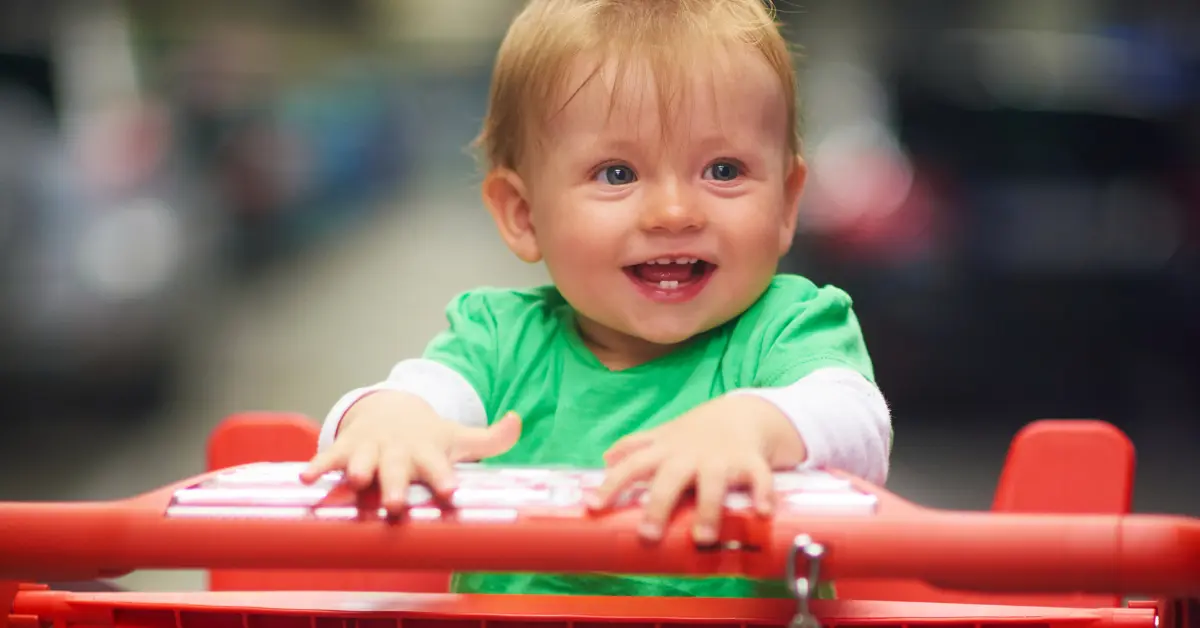When it comes to selling baby products, safety is the name of the game. Parents want the best for their little ones, and that includes products that are safe to use. Here’s what every retailer should know about baby product safety rules to ensure you’re meeting regulations and keeping families happy.
Understanding Baby Product Safety Standards
First things first, baby products are subject to strict safety standards, and it’s crucial to know what they are. In many countries, including India, there are specific guidelines and regulations set by government agencies that products must meet before they can hit the shelves. These standards cover everything from materials used to product design.
Know Your Product Categories
Baby products can be quite diverse, ranging from toys and clothing to cribs and car seats. Each category may have its own set of regulations. For example, toys must be free from small parts that could pose a choking hazard, while cribs need to meet height and spacing requirements to prevent entrapment. Familiarizing yourself with the specific safety standards for each type of product you sell is essential.
Importance of Quality Control
Quality control is key to ensuring the safety of the products you offer. Work closely with your suppliers to make sure that all products meet safety standards. Request safety certifications and conduct your own inspections when necessary. Remember, it’s better to be cautious than to face potential recalls or safety issues down the line.
Labeling and Instructions Matter
Clear labeling and instructions are crucial for baby products. Make sure that all products come with proper labels that include safety warnings, age recommendations, and usage instructions. Parents appreciate clear guidelines that help them use products correctly and safely.
Stay Updated on Recalls
Product recalls can happen, even with the best brands. Stay informed about any recalls related to baby products and promptly remove those items from your store. This not only protects your customers but also helps build trust in your business. Keeping an eye on updates from safety regulatory agencies is a good practice.
Educate Your Staff
Ensure your staff is knowledgeable about baby product safety rules. They should be able to answer customer questions regarding product safety and guide them to safe options. Consider offering training sessions that cover key safety standards and how to identify safe products.
Communicate with Your Customers
Transparency is essential in building trust. If a customer asks about the safety of a product, be ready to provide information on its safety features and compliance with regulations. Show them that you prioritize their child’s safety above all else.
Foster a Safe Shopping Environment
Finally, create a shopping environment that reflects your commitment to safety. Ensure your store is organized and clean, with products displayed safely. This not only makes it easier for parents to shop but also gives them peace of mind knowing they’re in a place that values safety.
In conclusion, understanding baby product safety rules is not just about compliance; it’s about ensuring the well-being of the families who shop at your store. By staying informed, maintaining quality control, and fostering open communication with customers, you can build a reputation as a trusted retailer of baby products. After all, happy and safe babies make happy parents!









